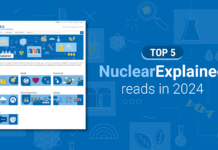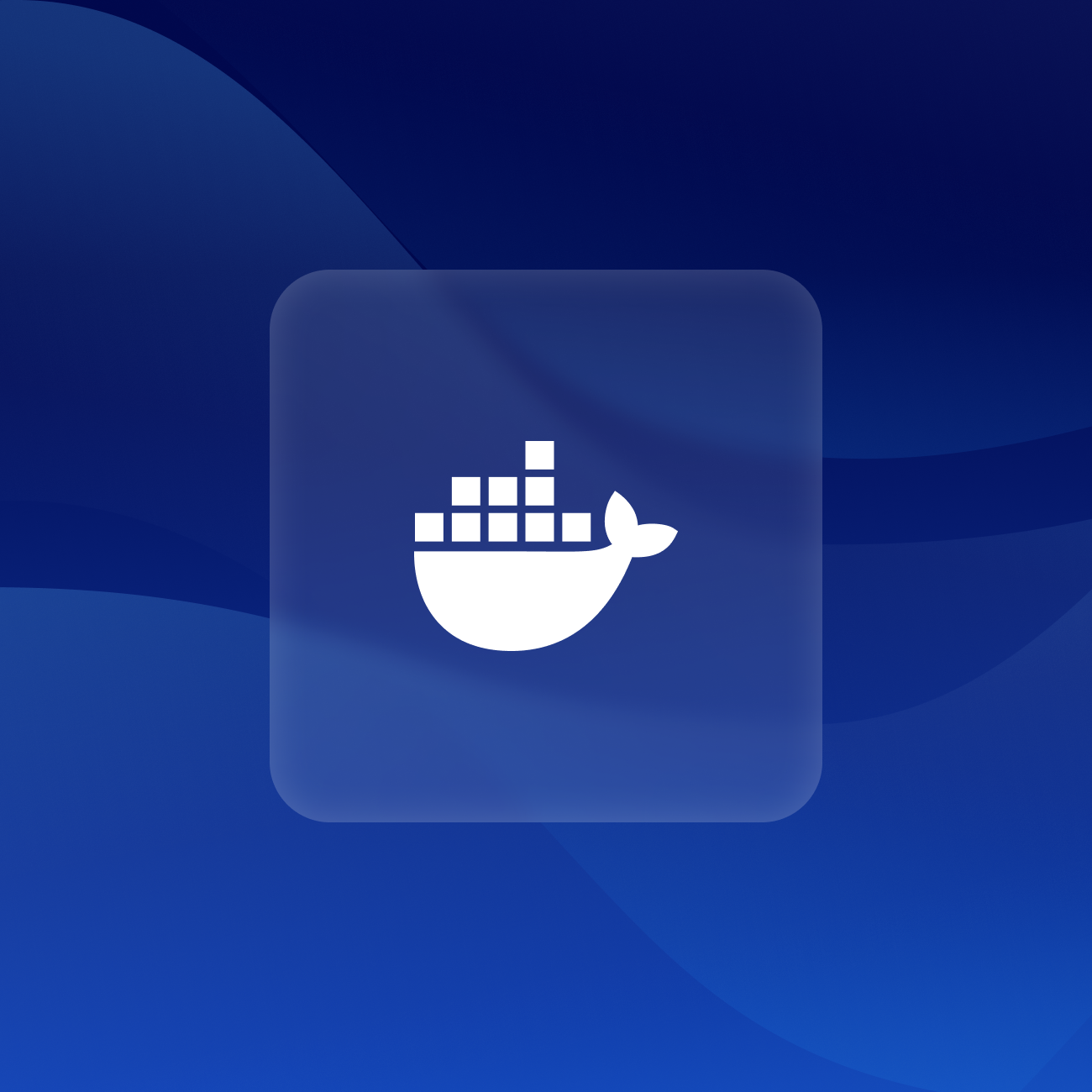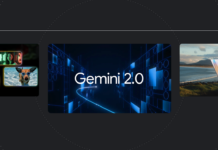In 2024, Docker has continued to make significant strides in enhancing the developer experience by focusing on delivering high-quality, secure software swiftly. This dedication has been acknowledged in the annual Stack Overflow Developer Survey, where Docker once again stood out as one of the most cherished and widely utilized tools in the developer community. Throughout 2024, Docker introduced several key updates and advancements aimed at simplifying processes and enhancing security and control for development teams.
Streamlining the Developer Experience
Docker has been at the forefront of streamlining workflows, creating efficiencies, and reducing the complexities that often arise when managing multiple tools. A significant highlight of 2024 was the introduction of upgraded Docker plans. This new model allows developers to access the entire suite of Docker products through an all-in-one subscription, providing seamless integration of Docker Desktop, Docker Hub, Docker Build Cloud, Docker Scout, and Testcontainers Cloud. This comprehensive access means developers can focus more on building and innovating without getting bogged down by unnecessary distractions or inefficiencies.
To learn more about Docker’s all-in-one subscription approach, you can explore the Docker plans announcement on their official blog.
Accelerated Development with Docker Build Cloud
In 2024, Docker Build Cloud was introduced to combine the strengths of local development and cloud capabilities. This new feature offloads resource-intensive build processes to the cloud, resulting in faster and more consistent builds while freeing up local machines for other tasks. A key feature of Docker Build Cloud is its shared build caches, which significantly boost efficiency for engineering teams working on large-scale projects. Shared caches allow teams to skip redundant rebuilds by reusing intermediate layers of images, thereby speeding up iteration cycles and reducing resource consumption.
Moreover, Docker Build Cloud supports multi-architecture builds natively, eliminating the need for complex setups. This support eradicates the challenges associated with emulation, further enhancing build efficiency. Docker Build Cloud’s compatibility with Docker Compose, GitHub Actions, and other CI solutions facilitates seamless integration into existing development tools and services, allowing teams to immediately benefit from enhanced speed and efficiency.
For those interested in calculating potential build time savings, Docker offers a build time savings calculator to provide estimates in terms of hours and dollars.
Enhancements in Docker Desktop
In 2024, Docker Desktop introduced a series of enterprise-grade performance enhancements aimed at optimizing development workflows on a larger scale. These updates cater to the unique needs of development teams operating in diverse, high-performance environments. A significant feature introduced was the Virtual Machine Manager (VMM) in Docker Desktop for Mac, offering a robust alternative to the Apple Virtualization Framework. This enhancement boosts performance for native Arm-based images, resulting in faster and more efficient workflows for M1 and M2 Mac users.
Additionally, Docker Desktop expanded its platform support to include Red Hat Enterprise Linux (RHEL) and Windows on Arm architectures. This expansion allows organizations to maintain a consistent Docker Desktop experience across a wide array of operating systems, ensuring optimized workflows regardless of the underlying platform. The enhancements in Docker Desktop reflect Docker’s unwavering commitment to speed, reliability, and cross-platform support, enabling development teams to scale operations without bottlenecks.
Improved File Operations for Large Projects
Docker Desktop has been enhanced with synchronized file shares, a feature designed to significantly improve file operation speeds by 2-10 times. This feature provides fast and flexible host-to-VM file sharing, offering a performance boost for developers managing extensive codebases. Synchronized file sharing is particularly beneficial for developers working on projects with a significant number of files, using large repositories, or facing scalability issues with virtual file systems.
This integration streamlines workflows, allowing developers to focus on coding without worrying about file synchronization issues or slow file read times.
Enhancing Debugging Capabilities with Docker Debug
Docker Debug is a powerful tool that enhances the ability of developer teams to debug containers, especially those without a shell, such as distroless or scratch images. Docker Debug attaches a dedicated debugging toolkit to any image and allows developers to install additional tools quickly for issue identification and resolution. This feature streamlines debugging for both running and stopped containers and is accessible directly from the Docker Desktop CLI and GUI.
Automated Build Checks for Reliable Image Builds
Docker Desktop 4.33 introduced Docker Build checks, a feature that ensures smoother and more reliable image builds. Build checks automatically validate common issues in Dockerfiles before the build process begins, catching errors like invalid syntax or missing dependencies. By addressing these issues upfront, Docker Build checks help developers save time and avoid costly build failures.
Onboarding and Learning Resources
To further support developers, Docker revamped its learning resources and integrated new tools to enhance developer onboarding. The updated learning center offers beginner-friendly tutorials, making it easier for developers to quickly learn and effectively use Docker tools.
Built-in Security from Code to Production
In an era where software supply chain security is critical, Docker has raised the bar on container security. With integrated security measures across every phase of the development lifecycle, Docker helps teams build, test, and deploy confidently. Docker Scout, introduced in 2023, has become a cornerstone of Docker’s security ecosystem, empowering developer teams to identify and address vulnerabilities in container images early in the development lifecycle.
Proactive Security Insights with Docker Scout Health Scores
In 2024, Docker announced Docker Scout Health Scores, a feature designed to communicate the security posture of container images used by development teams. Docker Scout Health Scores provide a clear grading system that evaluates common vulnerabilities and exposures (CVEs) for software components within Docker Hub. This feature allows developers to quickly assess and choose trusted content for a secure software supply chain.
Air-Gapped Containers for Enhanced Security
Docker introduced support for air-gapped containers in Docker Desktop 4.31, enabling developers to build, run, and test containerized applications without an active internet connection. This feature is crucial for organizations operating in industries with stringent compliance and security requirements, such as government, healthcare, and finance.
Strengthening Trust with SOC 2 Type 2 and ISO 27001 Certifications
Docker achieved significant milestones in its commitment to security and reliability by attaining SOC 2 Type 2 attestation and ISO 27001 certification. These certifications validate Docker’s dedication to safeguarding customer data and maintaining robust operational controls.
Accelerating Success for Development Teams
In 2024, Docker introduced a range of features and enhancements designed to empower development teams and streamline operations across organizations. Docker Home, a central hub for accessing Docker products and managing subscriptions, simplifies navigation for developers and admins.
Empowering AI Innovation
Docker’s ecosystem supports AI/ML workflows, helping developers work with these cutting-edge technologies while staying cloud-native and agile. Through partnerships with NVIDIA and GitHub, Docker ensures seamless integration of AI tools, allowing teams to rapidly experiment, deploy, and iterate.
Streamlining Enterprise Administration
Docker simplifies deploying and managing Docker Desktop with the new MSI Installer for Windows and PKG Installer for macOS. These installers enhance efficiency, making it easier for organizations to equip teams and maintain secure environments.
Strengthening Security with Organization Access Tokens
Docker introduced organization access tokens, allowing teams to manage access to Docker Hub repositories at an organizational level. This approach enhances security by enabling fine-grained permissions and simplifying management processes.
Looking Ahead to 2025
Docker’s journey continues with a commitment to expanding support for cloud-native and AI/ML development, reinforcing its position as the go-to container platform. As Docker continues to build for the future, it remains dedicated to empowering developers, supporting the open-source community, and driving efficiency in software development at scale.
For more information, you can explore Docker’s suite of tools and see how Docker can help your team build, innovate, and secure software faster than ever.
For more Information, Refer to this article.


































